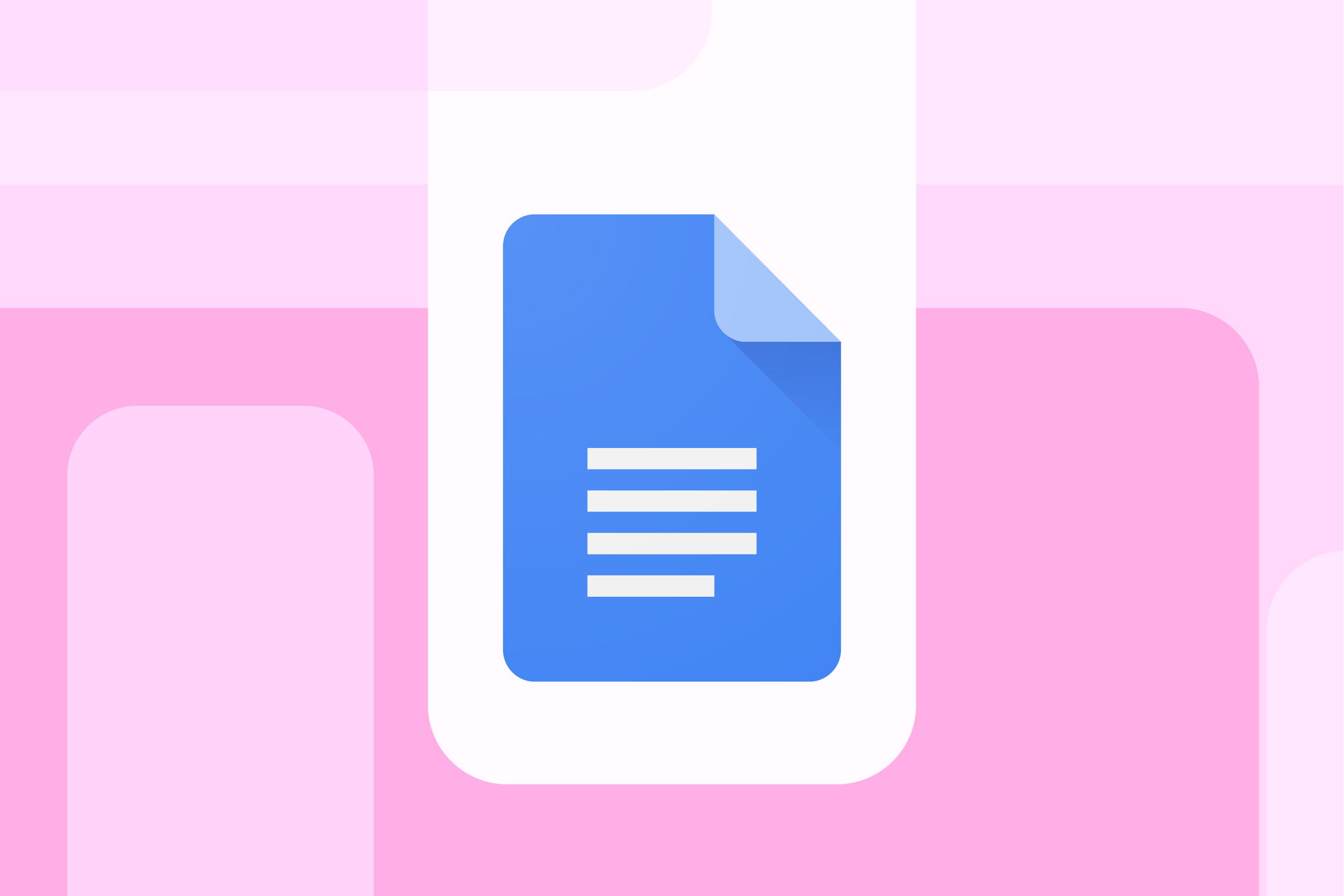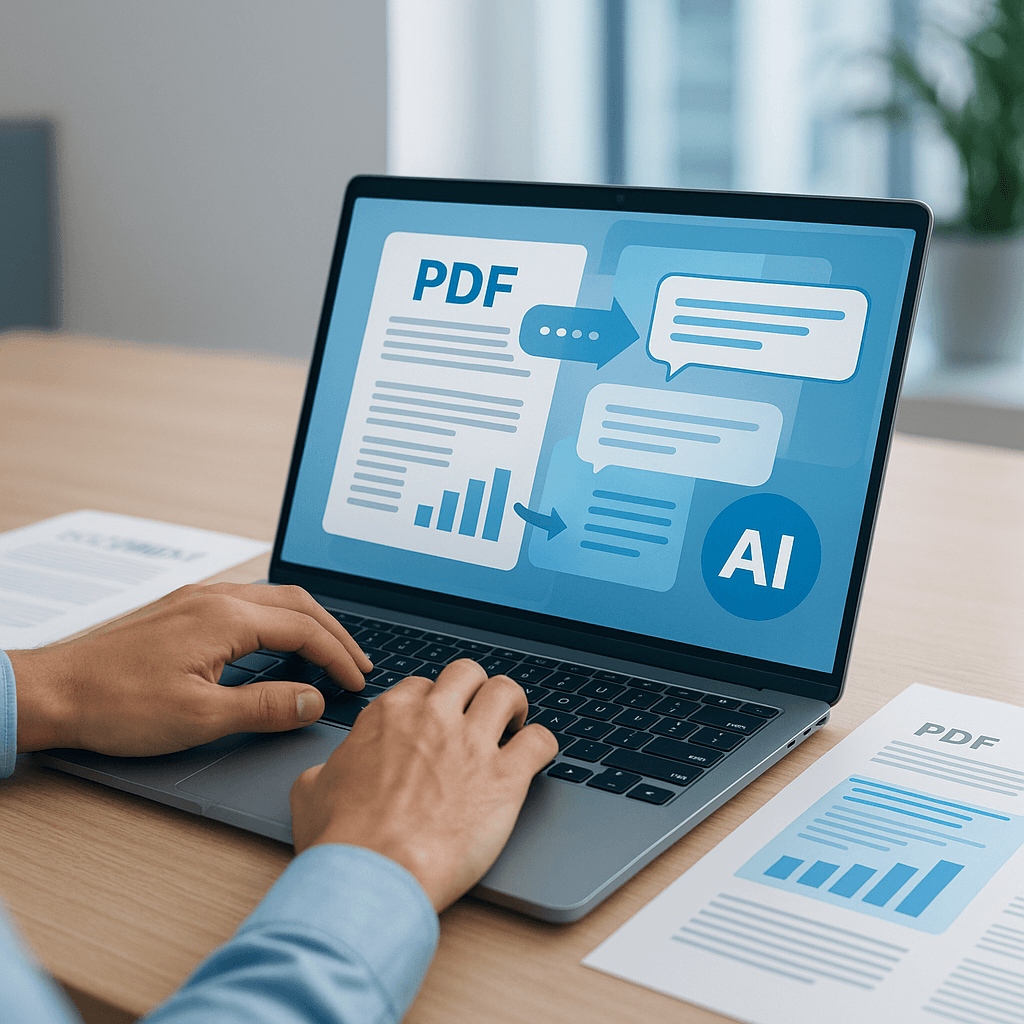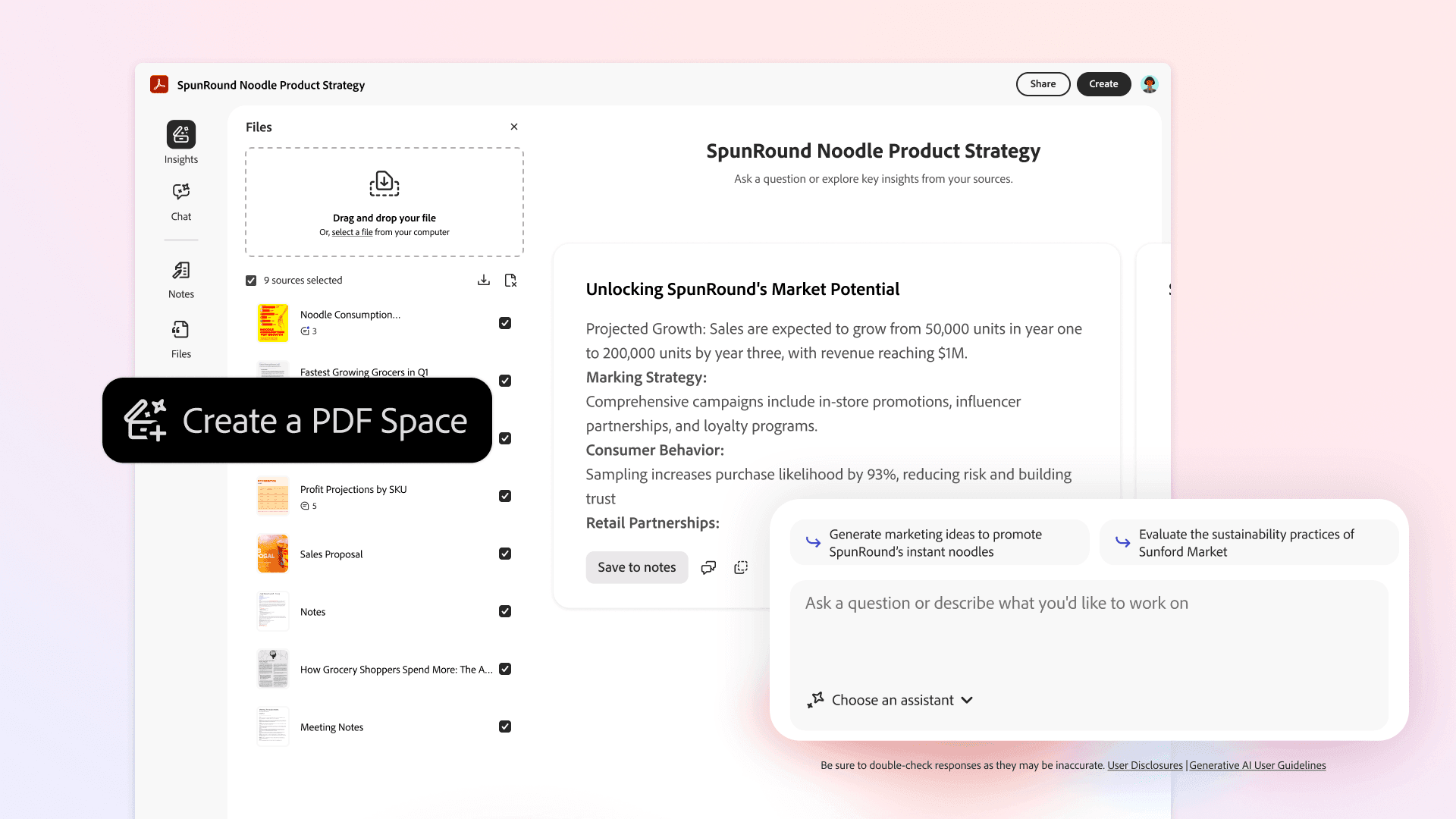Google just rolled out AI-powered audio narration for Google Docs, letting users turn any document into a customizable podcast experience. The feature leverages Gemini to generate natural-sounding speech with multiple voice options and playback speeds, exclusively for business and enterprise customers. This marks Google's aggressive push to embed AI productivity tools directly into workplace workflows, potentially reshaping how teams consume and share written content.
Google is transforming the humble document into an audio experience. The company's Workspace team announced that Gemini can now read Google Docs aloud with natural-sounding AI voices, complete with customizable playback speeds and multiple voice options. The rollout targets enterprise customers exclusively, leaving free users on the sidelines of Google's latest AI productivity push. This isn't just about accessibility - it's about reimagining how business teams consume and share written content. The feature works seamlessly for document creators and readers alike. Authors can embed a customizable audio button directly into their documents through the Insert > Audio menu, while readers can access the narration through the Tools dropdown by selecting "Audio > Listen to this tab." The implementation suggests Google learned from user feedback about making AI features discoverable and intuitive within existing workflows. The timing is strategic. Google first teased document-to-podcast capabilities in April, but this practical text-to-speech feature feels more immediately useful than full podcast generation. While competitors like Microsoft focus on Copilot's writing assistance, Google is betting on consumption-focused AI tools that help teams digest information faster. The limitations reveal Google's cautious approach to enterprise AI deployment. English-only support and desktop-only functionality suggest the company is prioritizing quality over reach in this initial phase. This mirrors the rollout strategy Google used for other Gemini features, where enterprise customers become the testing ground before broader consumer releases. For business users paying for Workspace plans or AI Pro/Ultra subscriptions, this represents tangible value from their AI investment. Document review workflows could accelerate dramatically when team members can listen to proposals during commutes or while multitasking. The feature particularly benefits accessibility compliance, helping organizations meet requirements for diverse content consumption methods. The enterprise-only restriction sends a clear signal about Google's AI monetization strategy. By tying advanced features to paid plans, Google pressures free users toward subscriptions while justifying enterprise pricing through exclusive AI capabilities. This approach contrasts sharply with competitors offering similar features across all user tiers. Industry observers note this could spark a text-to-speech arms race among productivity platforms. and already offer voice features, but Google's document-native approach could force competitors to integrate similar capabilities into their core editing tools rather than communication platforms.











